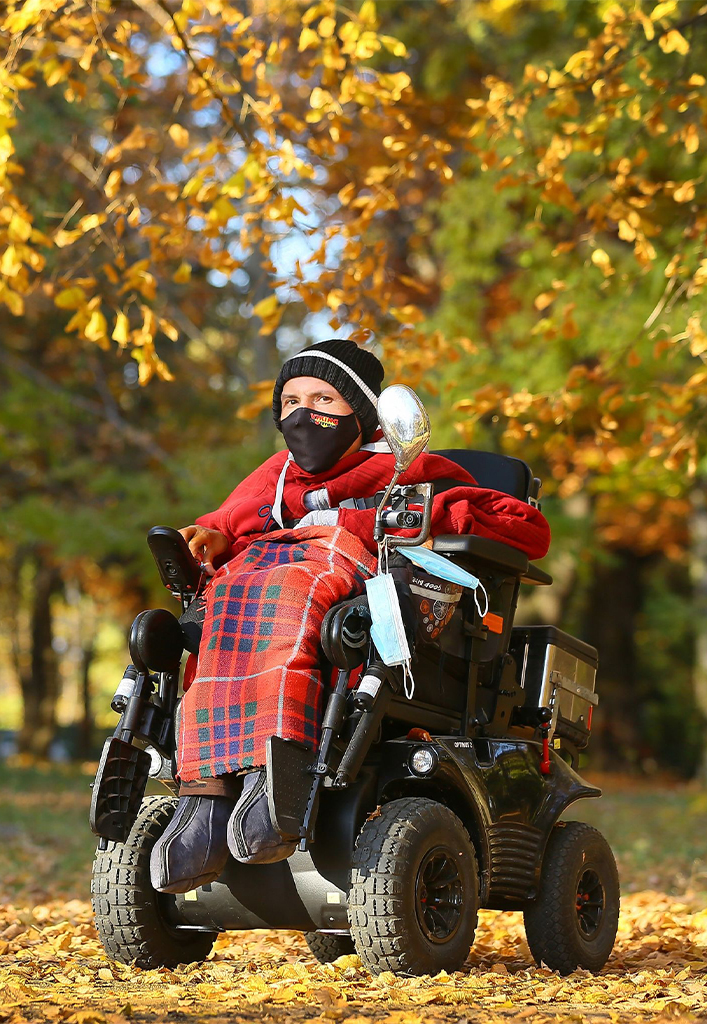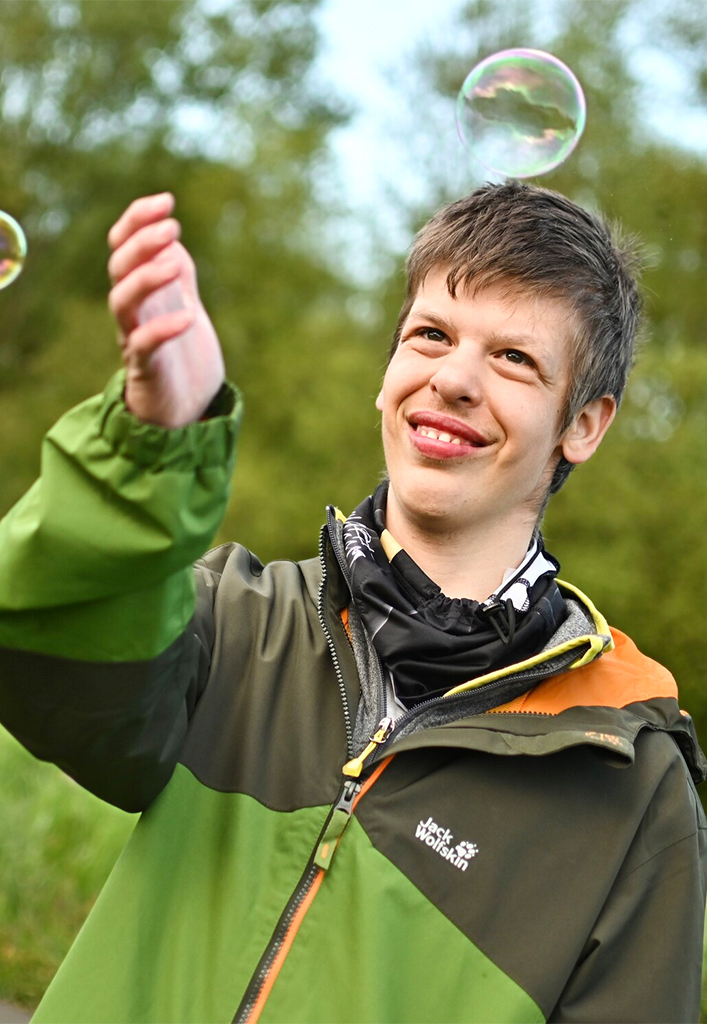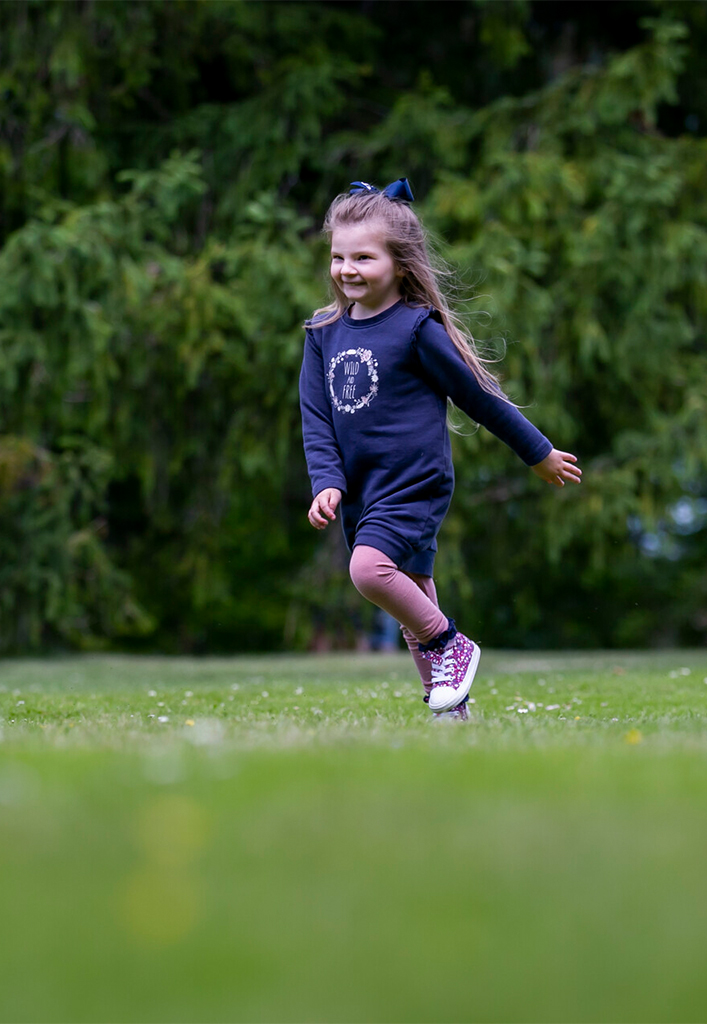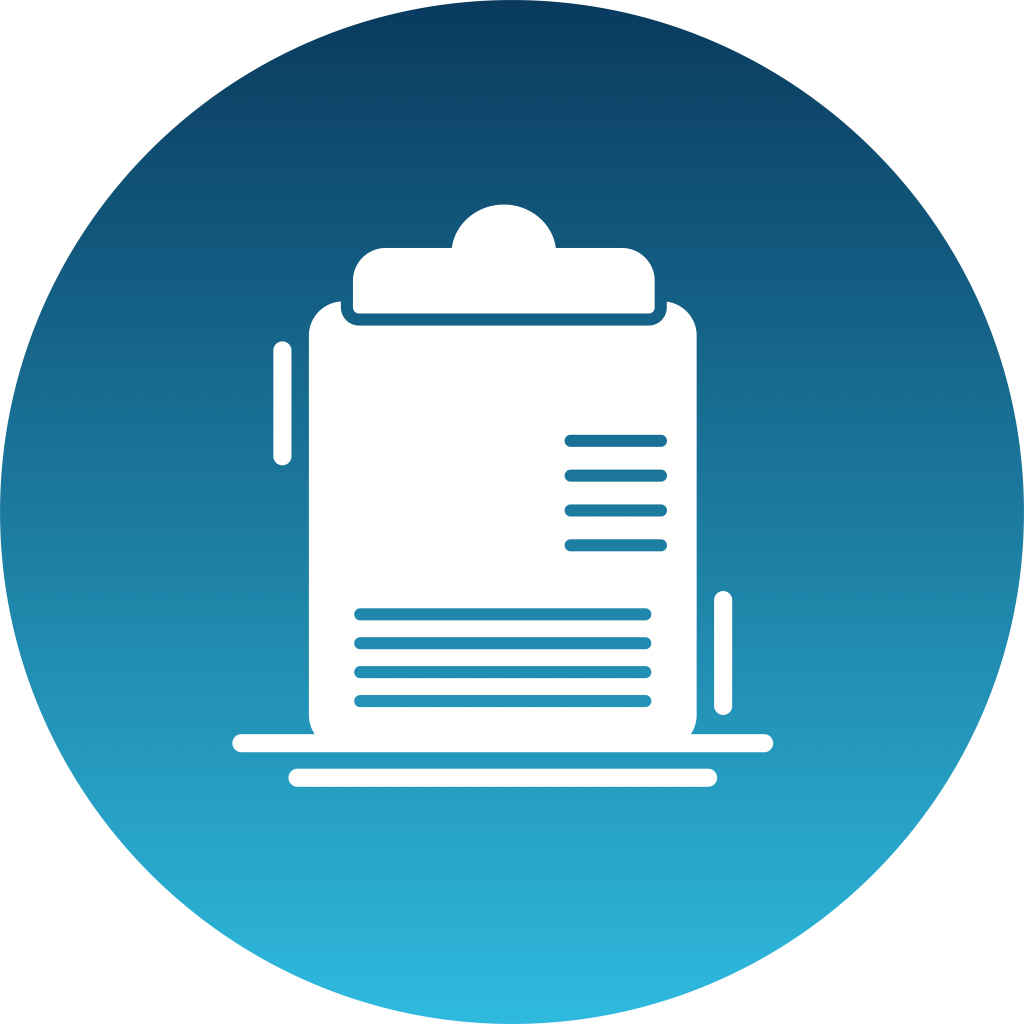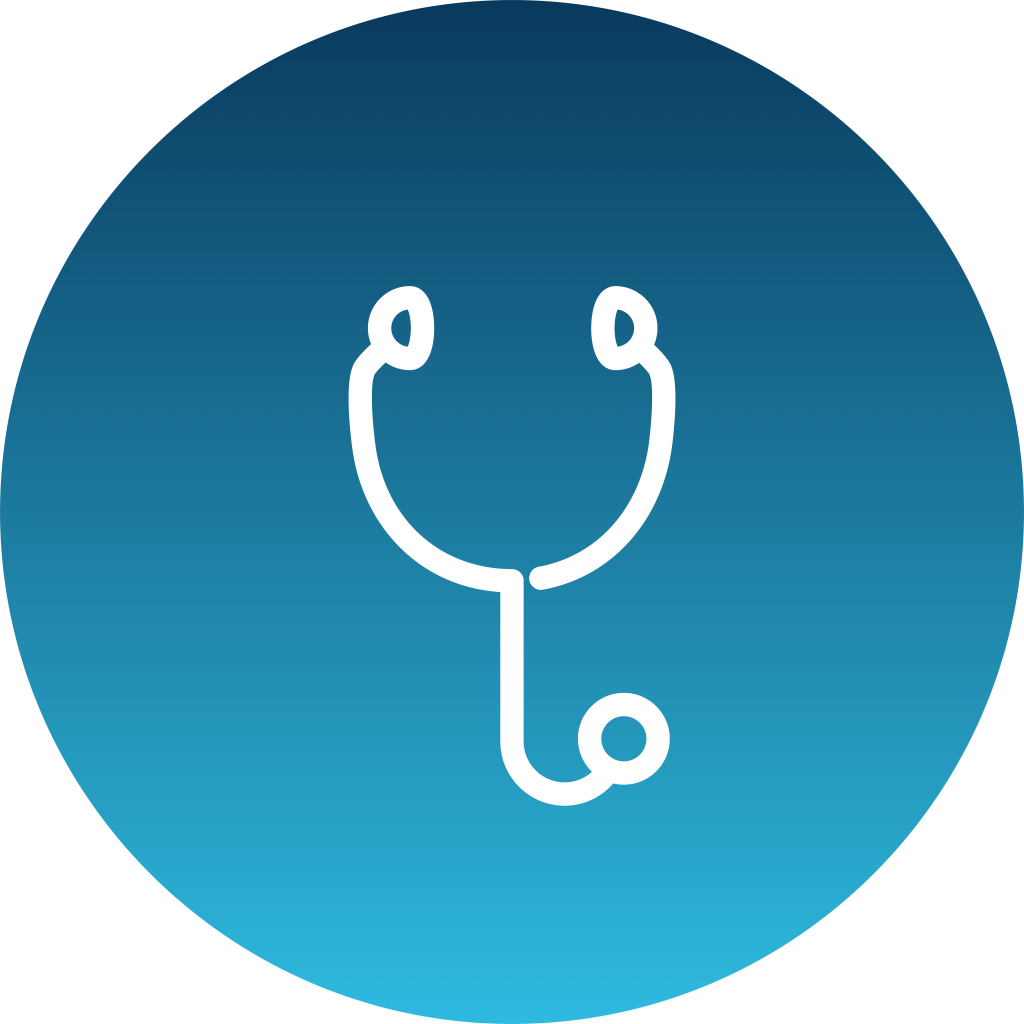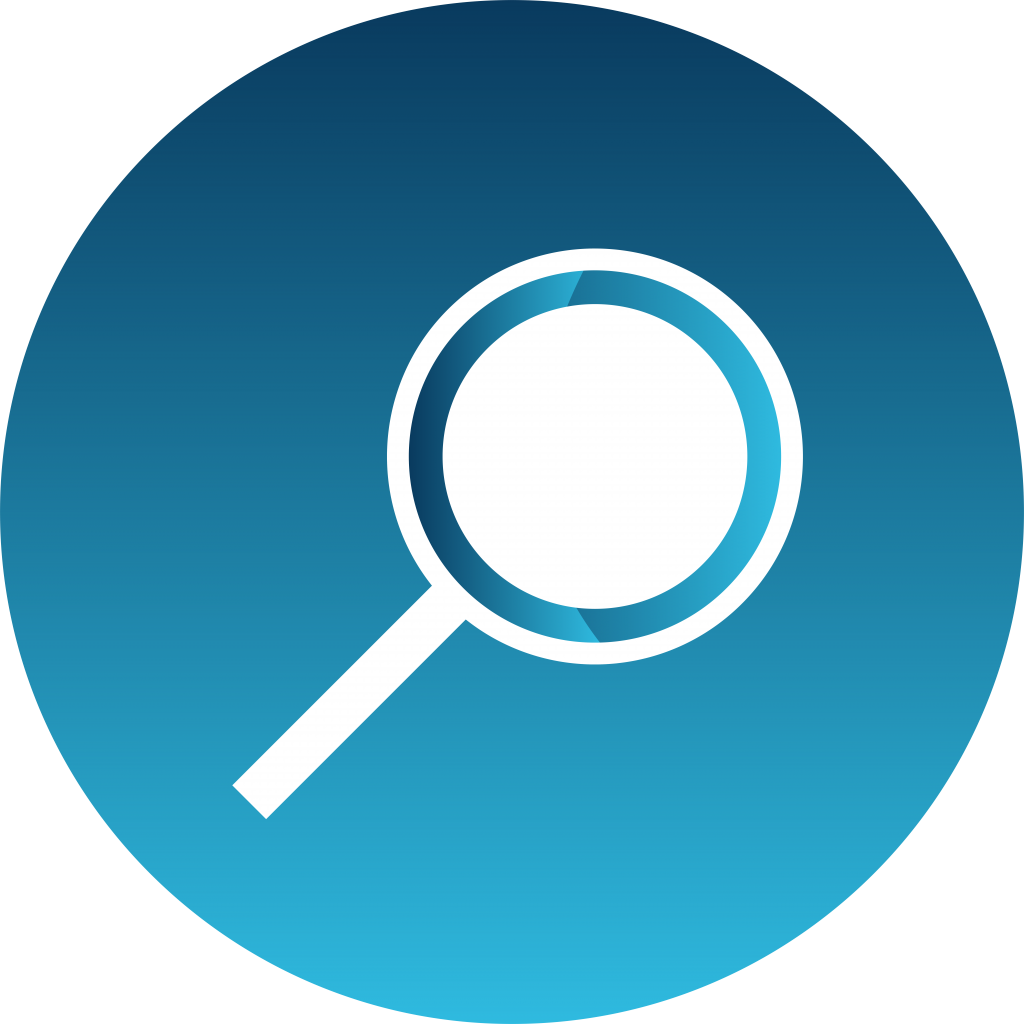Why are treatments a priority for people living with a rare disease?
Once a child or adult is diagnosed with a rare disease, their next logical step is to search for a treatment.
Treatments provide relief to people living with a rare disease and their families. A treatment can slow down the progression of a disease, treat the symptoms or cure the disease. They ease the reality of living with a rare disease every day.
EURORDIS was a huge source of support in our advocacy throughout the process that led to the European Medicines Agency giving a positive opinion for a treatment for AKU. The EURORDIS Summer School in June 2011 was a particular highlight as it opened my mind to the whole regulatory process and helped define our strategy
Nick Sireau, Chair & CEO, AKU Society
EURORDIS advocates for change to improve both the development of medicines and the systems that obstruct patients’ access to rare disease medicines.
EURORDIS objectives in the area of treatments

Improve patients’ access to orphan medicinal products and treatments for rare diseases through a sustainable development model

Ensure legislation, which affects treatment options for people living with a rare disease, takes into account the needs of the 30 million people living with a rare disease in Europe

Engage rare disease patient advocates in the research and development of rare disease treatments as well as in regulatory, assessment and appraisal processes
For people living with a rare disease, there are various forms of treatments, including orphan medicines, paediatric medicines, medical devices, surgery, radiotherapy, physiotherapy, assistive technologies and digital devices.
The EU Regulation on Orphan Medicinal Products (1999) has been a success in fulfilling its primary purpose – to attract investment to the development of therapies for life-threatening or debilitating diseases for millions of people who today have either no treatment at all or no satisfactory treatment.
Since 1999 there have been over 2,000 orphan designations and around 200 orphan medicines authorised for the market. This is a genuine success.
Unfortunately, EURORDIS also hears regularly of cases when a treatment has been authorised for the market at the EU level but is not available in a country because of issues around national-level pricing and reimbursement decisions.
A significant part of treatments experienced by patients has also not been approved for the treatment of their disease yet. According to a 2019 EURORDIS Rare Barometer survey, many patients reported that they have experienced treatments that were indicated to treat or cure a different disease than theirs through off-label use.
